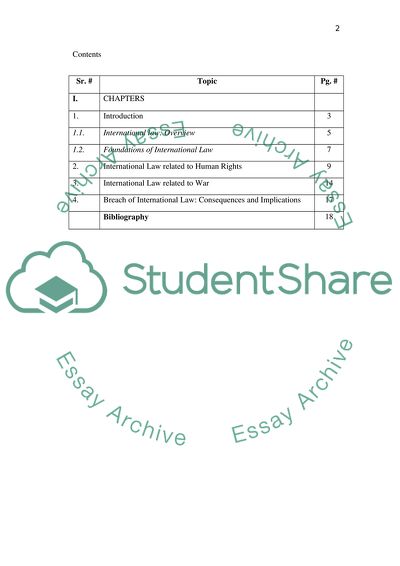Cite this document
(Principles of International Law Research Paper Example | Topics and Well Written Essays - 4000 words - 1, n.d.)
Principles of International Law Research Paper Example | Topics and Well Written Essays - 4000 words - 1. Retrieved from https://studentshare.org/law/1738294-international-law
Principles of International Law Research Paper Example | Topics and Well Written Essays - 4000 words - 1. Retrieved from https://studentshare.org/law/1738294-international-law
(Principles of International Law Research Paper Example | Topics and Well Written Essays - 4000 Words - 1)
Principles of International Law Research Paper Example | Topics and Well Written Essays - 4000 Words - 1. https://studentshare.org/law/1738294-international-law.
Principles of International Law Research Paper Example | Topics and Well Written Essays - 4000 Words - 1. https://studentshare.org/law/1738294-international-law.
“Principles of International Law Research Paper Example | Topics and Well Written Essays - 4000 Words - 1”, n.d. https://studentshare.org/law/1738294-international-law.


